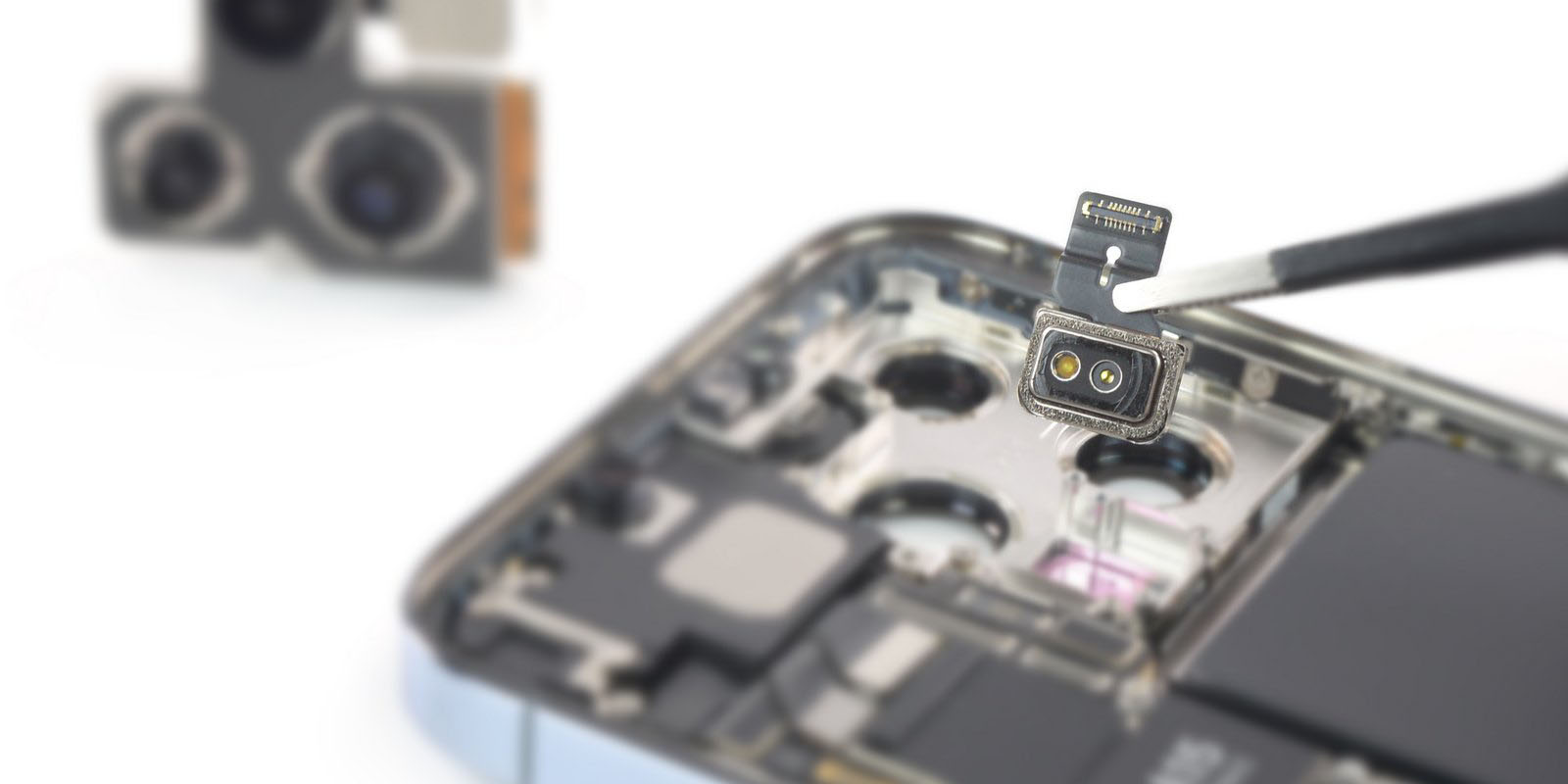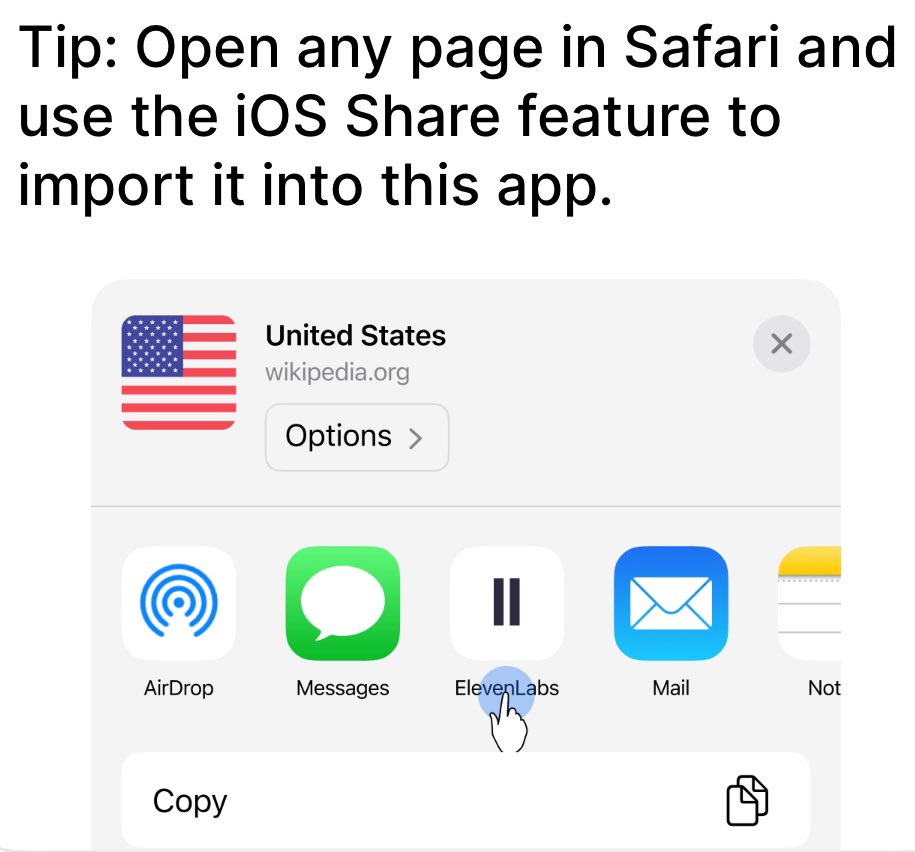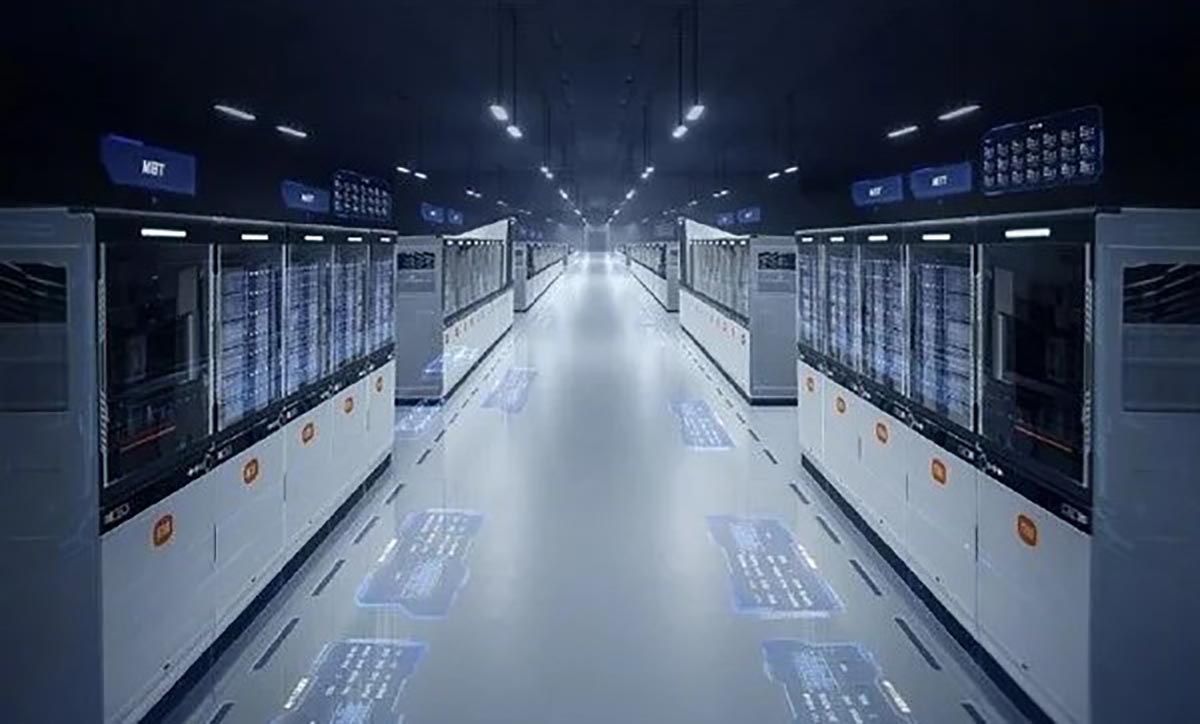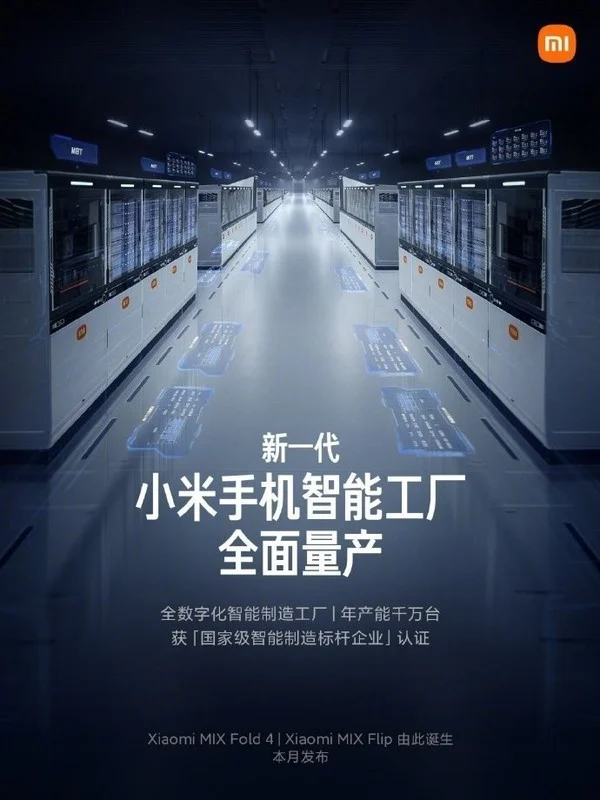AI Doesn’t Kill Jobs? Tell That to Freelancers
There’s now data to back up what freelancers have been saying for months

Reid Southen, a freelance concept artist for TV and movies, says his income fell sharply last year. Brittany Greeson for WSJ

By Christopher Mims
June 21, 2024 9:00 pm ET
Jennifer Kelly, a freelance copywriter in the picturesque New England town of Walpole, N.H., feels bad for any young people who might try to follow in her footsteps.
Not long after OpenAI’s ChatGPT made its debut, financial advisers who had depended on her 30 years of experience writing about wealth management stopped calling. New clients failed to replace them. Her income dried up almost completely.
When she asked, the clients she lost insisted they weren’t using artificial intelligence. But then, months later, some came back to her with an unusual request. The copy they’d been using AI to generate, they sheepishly admitted, wasn’t very good—and could she make it better?
“It’s not a fix,” she says of the empty-headed, generic pabulum that AI excels at writing. “You redo it.”

Kelly’s story is specific to her skills and circumstances, but it’s also an embodiment of what has happened to freelancers all over the U.S. and the world.
It is also, perhaps, an early sign of how Al could replace other types of workers. Most jobs are a collection of different tasks, so the ability of Al to complete those tasks is the ultimate measure of future job security — or lack thereof.
We can be reasonably certain her story is typical of the experience of tens of thousands, perhaps millions of people, because at least a half dozen studies using data from freelance job boards have been published in the past year, each one building on the previous. Nonpublic data from within at least one such service corroborates this work.
It’s a remarkably fast turnaround for such research, considering that ChatGPT is less than two years old. Wall Street Journal owner News Corp has a content-licensing partnership with OpenAI.
Freelance jobs that require basic writing, coding or translation are disappearing across postings on job board Upwork, said Kelly Monahan, managing director of the company’s Research Institute.
Her findings echo those of more than a dozen other researchers at institutions including Harvard Business School, Washington University in St. Louis and the University of Hong Kong. They have found that since the debut of ChatGPT and other generative AI models, the number of freelance jobs posted on Upwork, Fiverr and related platforms, in the areas in which generative AI excels, have dropped by as much as 21%.
Impact of Generative AI by task typePercentage change in pay since ChatGPT rolled out in November 2022Source: UpworkNote: High value tasks are defined as complex and requiring skill, while low value ones are repetitive,routine and can often be automated.
High valueLow value
Economists are fond of saying that AI will automate away some tasks, but is unlikely to eliminate many jobs, since most jobs are much broader and more demanding than the parts that can be handed to AI.
But freelancers represent an increasing proportion of the workforce: One study by Upwork found 38% of Americans did some kind of freelance work in 2022. For this type of work, it’s sometimes the case that the bulk of a person’s job is doing precisely the tasks that can be automated—and that can put their entire livelihood at risk.
Reid Southen is a concept artist for TV and movies, including ones you’ve probably heard of, including Blue Beetle and the Matrix Resurrections. His income in 2023 was less than half of what he would make in a typical year, he says. That’s even worse than 2020, when the entire film and TV industry effectively shut down.
Southen’s work typically happens in the early stages of a project, when producers need detailed sketches to help them establish the look of a film or show. This kind of behind-the-scenes work is being handed to AI faster than any other part of the film and TV business, as producers seek to cut costs in the face of a broader slowdown in their industry. Much of it is being handled by Midjourney, the image generation AI which by late 2022 was capable of producing photorealistic images from nothing but a short text prompt. If concept artists are brought in at all, it’s to tweak the images already generated by AI, says Southen.
Southen’s experience has been echoed by others in his field, across social media and in the whisper networks that artists like him rely on.

“You can talk to any artist at this point, and they have a story about how they were given AI reference material to work from, or lost a job,” says Southen.
In addition to fewer projects, studios and production companies are cutting the amount of time for which they typically hire artists. What was once a three-to-six-month project is now perhaps a few weeks, and often pays rates far below what is typical, says Southen. He was recently offered a job that included a lot of Al-generated art in its pitch deck already, and the producers offered him half his usual rate to create more.
As in other periods of rapid adoption of automation, there are those who benefit from the shift. Freelancers who become more productive when using AI, but can’t yet be replaced by it, such as data science and IT, earn on average 40% more, says a spokeswoman for Upwork.
And then there are the freelancers who report that demand for their work is up because, at least in their more demanding and specialized roles, AI isn’t living up to the hype.

Not long after ChatGPT debuted in November 2022, David Erik Nelson, a freelance sales and marketing copywriter in Ann Arbor, Mich., saw a jump in inquiries.
“I was picking up new clients whose specific complaint was that their previous vendor had been giving them AI-generated content, and hadn’t been straightforward about it,” says Nelson. The AI had produced smooth prose intended for sales materials, but it was so generic, and often wrong, that it wasn’t about to convince people making six- and seven-figure purchasing decisions.
“The marketing people think it looks fine,” says Nelson, “but then you hand it to someone who actually knows something about industrial fluid purification, and they’re like, ‘This is word salad.’”
In some ways, what AI is doing to freelancers is a tale as old as technology, says Monahan, the researcher at Upwork. Routine, low-skilled tasks that can be fully automated will mean lower wages for freelancers who once did those tasks, she adds.
Kelly, the copywriter in New Hampshire, is glad that at 62, she won’t have to endure many more years of being asked why she doesn’t use AI to speed up her work, or to clean up the dreck it generates. “We’ll be OK—our house is paid for, and I can get social security,” she says.
But the way that writing by humans is being replaced by what she sees as inferior material generated by AI still irks her. AI-generated content might still rank in Google search, but having seen so much of it, she can now spot it easily.
“When I see something that looks like it was written by AI, I just switch off,” she adds. “The internet has just gotten so much duller.”

























